14-15-16 May 2019
This workshop brought together NHL key persons and Bacteriology Unit, ECOMORE team and external experts to review the protocol of the study ensuring to capture mild and severe cases of Leptospirosis during the forthcoming rainy season.
The first day was dedicated to reevaluate the situation in hospitals by visiting 2 hospitals in sub-urban area, more prone to leptospirosis.
On 14th May, Prof Yupin and Dr Piola accompanied by the 3 National Coordinators visited Hlaingtharyar General Hospital and Thingangyun San Pya Hospital and concluded that it is not realistic to plan screening suspected patients at OPD as it was demonstrated during the pilot phase conducted by the National Coordinators.
On the other hand Medical Doctors at the IPD confirmed that they are highly motivated to participate in the project; the only limit is that personnel in the ward is overloaded by their routine work and any supplementary screening, filling of CRF…absolutely requires to assign supplementary staff covered by ECOMORE budget.
Therefore it has been agreed to recruit one assistant in each of the 10 selected hospitals, to assist IPD staff to manage suspected cases to ensure not missing any hospitalized case rather than to pay a compensation by case as planned previously.
On 15th May 2019 a brainstorming workshop was held at NHL. This meeting brought together Prof Htay Htay Tin, NHL director, deputy-directors, bacteriology unit, ECOMORE team and external advisers, Prof Yupin Suputtamongkol (Faculty of Medicine Siriraj Hospital), Prof Ko Ko Zaw (University of Public Health in Yangon), Dr Khin Khin Gyi (Central Epidemiology Unit in Naypyitaw), Dr Patrice Piola (Epidemiology Unit at IPC), Dr Cyrille Goarant (URE Leptospirosis at IPNC) and Dr San Mya (Microbiologist).
The concern of participants was to discuss and validate amendments to the methodology to increase detection of suspected cases of Leptospirosis to be able to document the burden of Leptospirosis in Yangon.
A full day of discussion allowed participants to agree on statements below:
- It is not possible to recruit suspected cases of mild-form of Leptospirosis at OPD level
- During the pilot phase, all cases of Leptospirosis have been identified at IPD level
- Ratio of cases of Leptospirosis to the number of suspected cases is much higher than publications average suggesting that the case definition can be restricting
- Limiting the study at IPD in selected hospitals impair assessment of the burden of Leptospirosis in the community
- Limiting the study to severe cases recruited at IPD will not allow to identify strains of Leptospirosis circulating in Yangon which cause mild-form of the disease
In this sense it is suggested to amend the protocol of the study as below:
- Recruitment of mild-forms: inclusion criteria are changed to “fever or history of fever in the recent days” and Medical Doctors can add any cases according to their experience
- Assessment of burden in community: when the National Coordinators conduct investigation around cases of Leptospirosis, they will collect samples from other consenting members of the households to detect possible mild form contamination; a specific consent form and questionnaire is developed
- Identification of strains circulating: during June and July, negative samples for dengue testing will be tested for Leptospirosis in an anonymous manner
After agreeing for this change, the participants were optimistic for recruiting enough cases of leptospirosis during the next 6 months.
On 16th May 2019, Dr Goarant, Head of the Unit of Research and Expertise (URE) at Institut Pasteur in New Caledonia organized a refreshing training on leptospirosis qPCR at NHL bacteriology unit and demonstrated the proper preparation of serum samples spotted onto filter paper serological diagnosis of Leptospirosis.
Dr Goarant made a preliminary academic presentation (link to the PDF file) of the principles of molecular diagnosis and current techniques to detect Leptospira evolved from conventional to real-time PCR (qRT-PCR) which detects lipL32, a gene specifically present in pathogenic Leptospira. The presentation is available on the website www.ecomore.org
Later on Mrs. Su Sandi Myo and Mrs. May Thi Zaw performed qPCR on sample just received from a hospitalized suspected case; Dr Goarant scrutinized the procedures and could appreciate accurate technique achieved by the medical technologists.
This training was shared with Researchers of the Yangon Veterinary Laboratory, Dr. Aung Zaw Moe and Dr. Aye Myat Thu from YVDL, demonstrating that close collaboration between human health and animal health is now a reality.
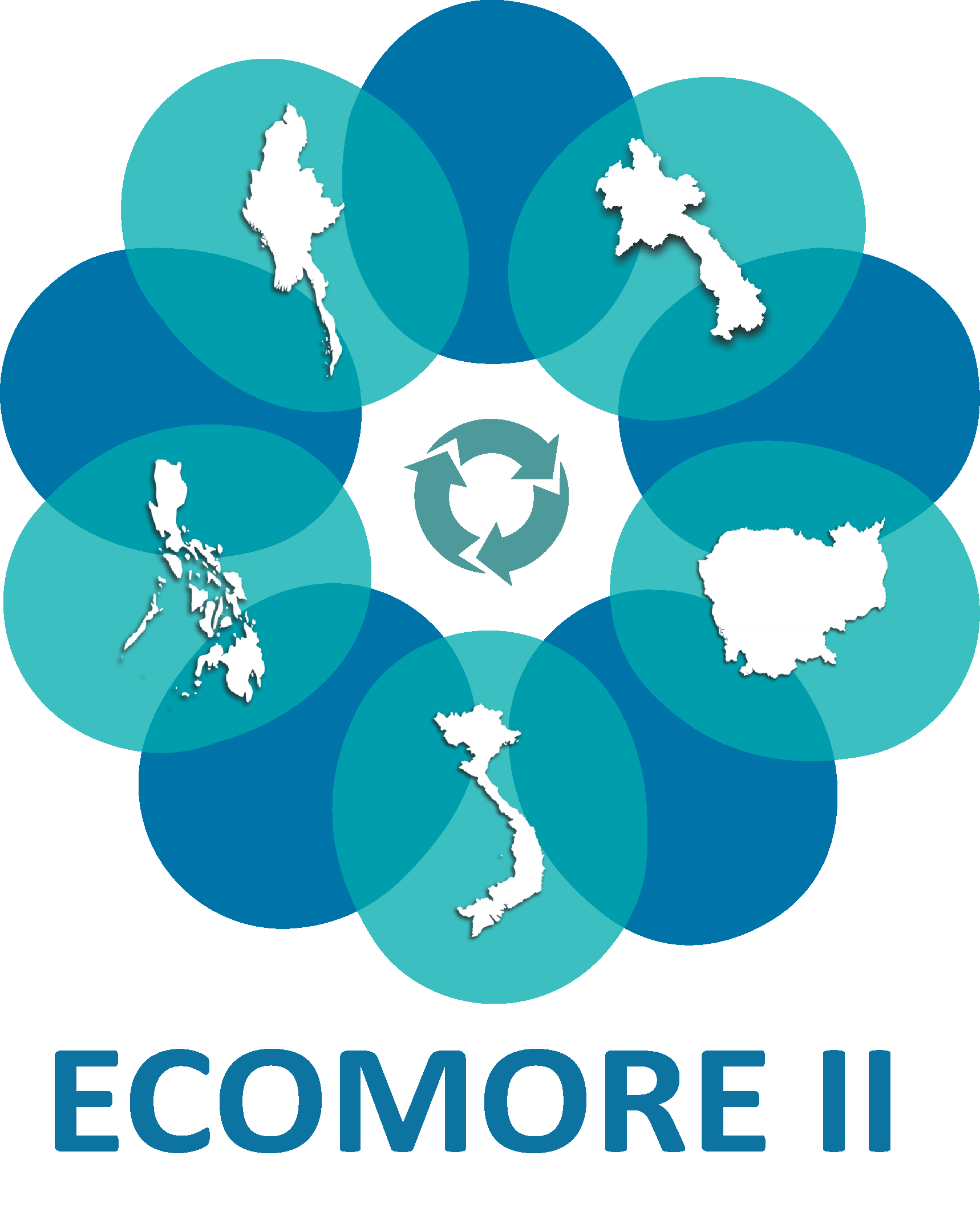

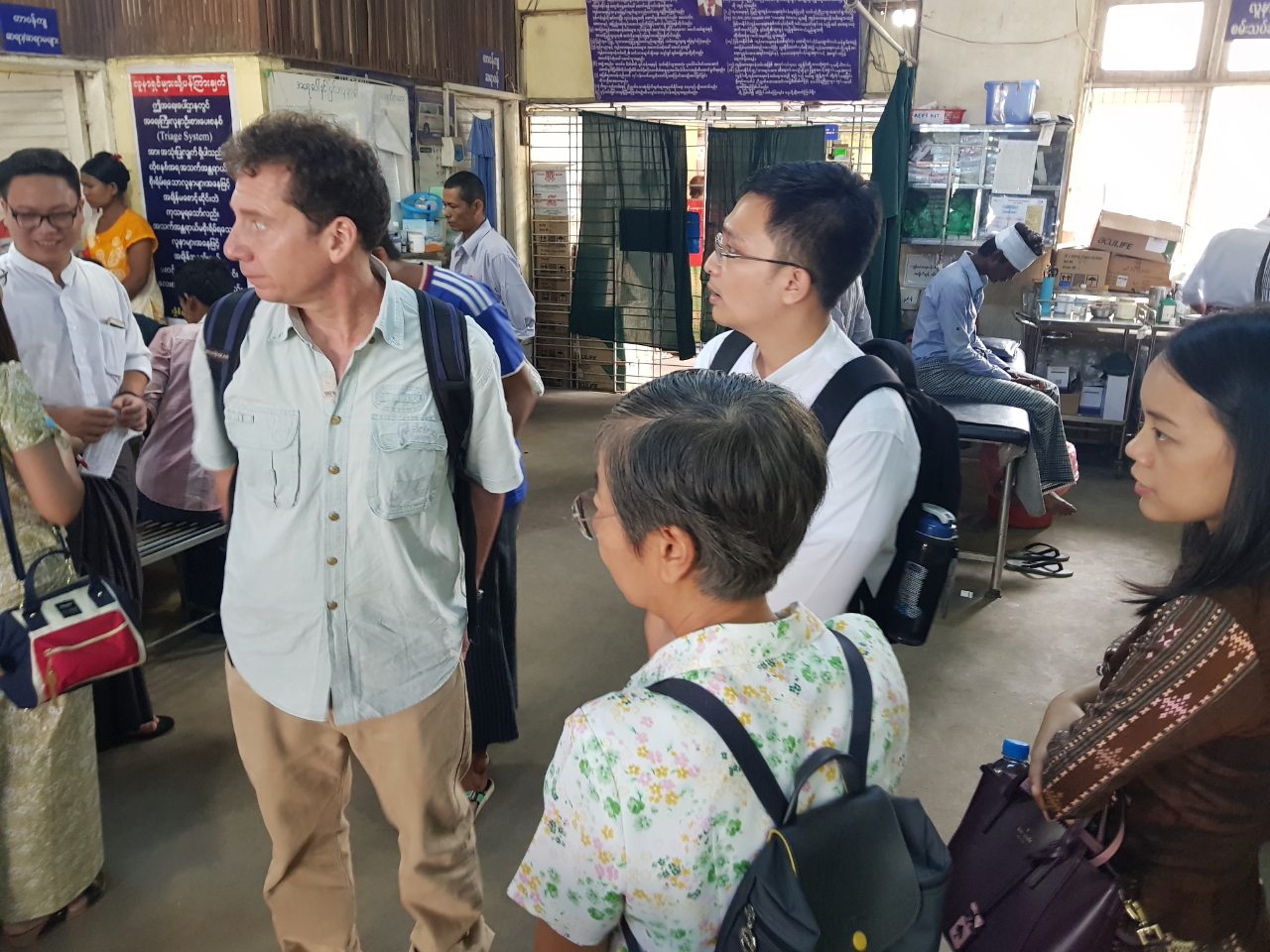
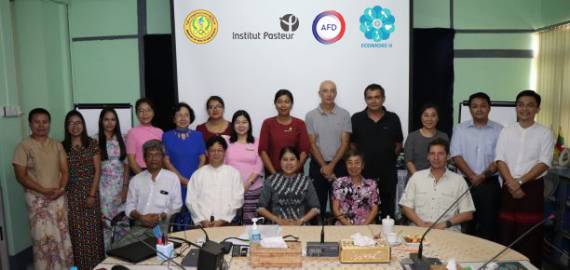
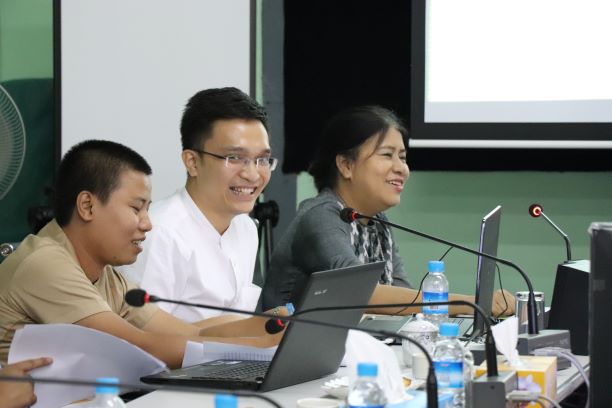
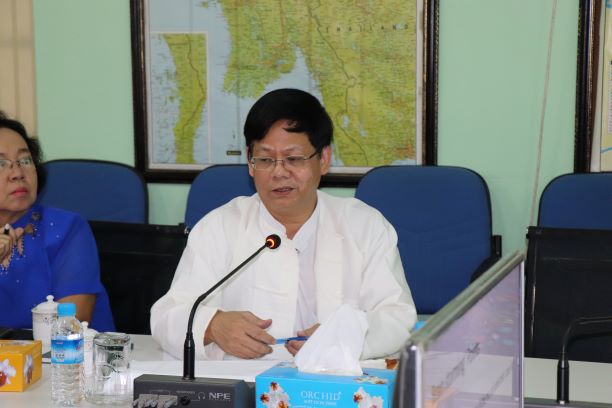

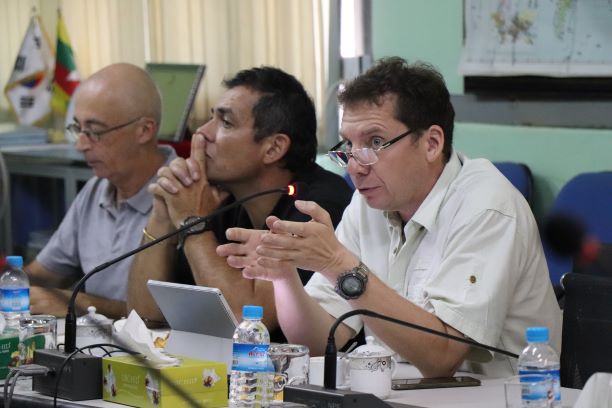
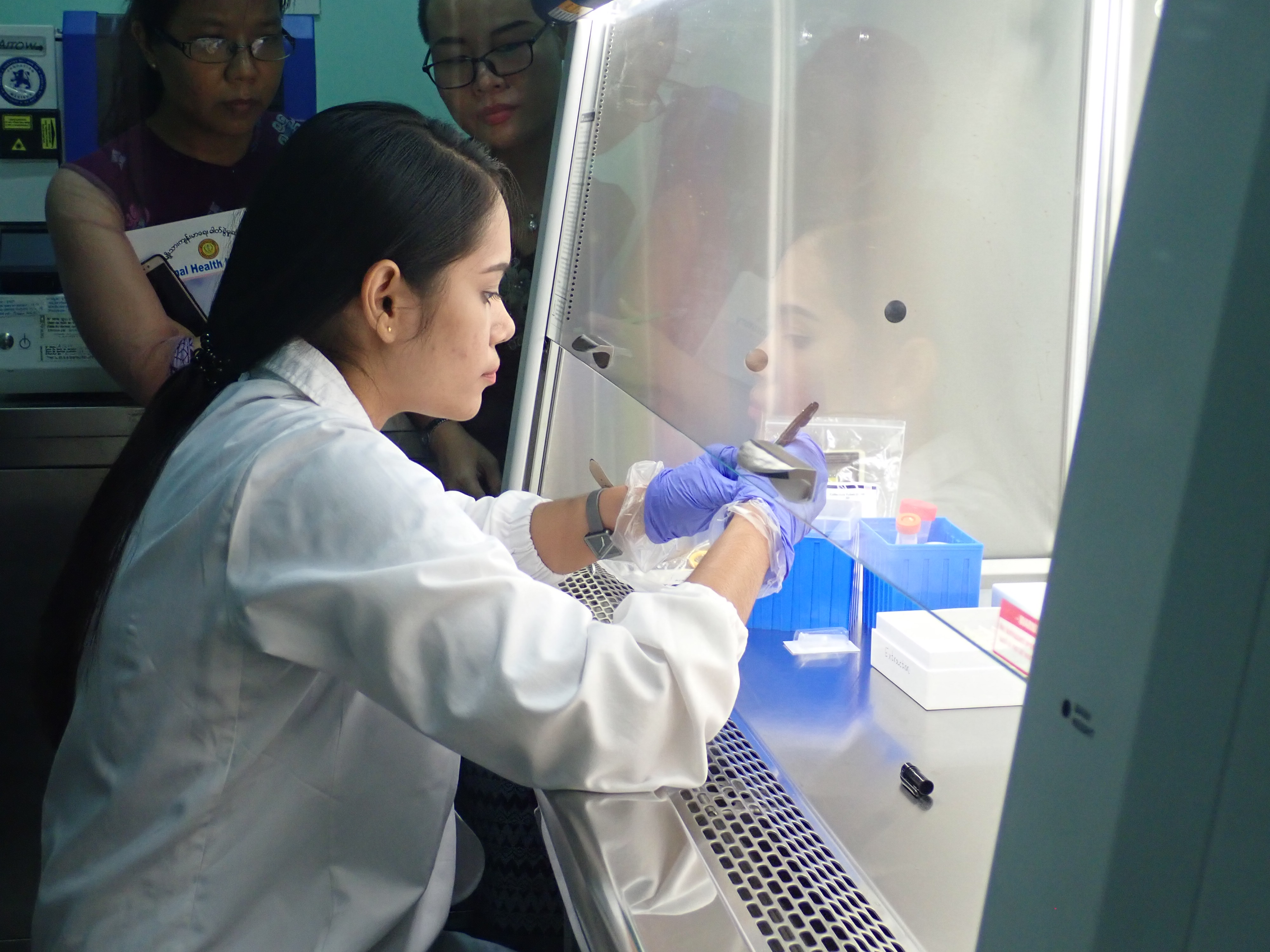


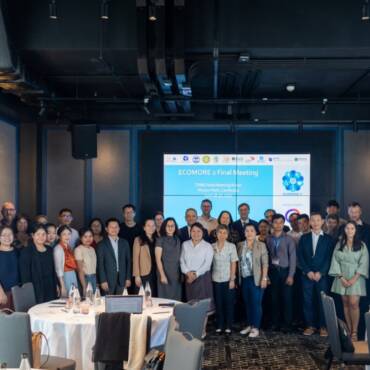
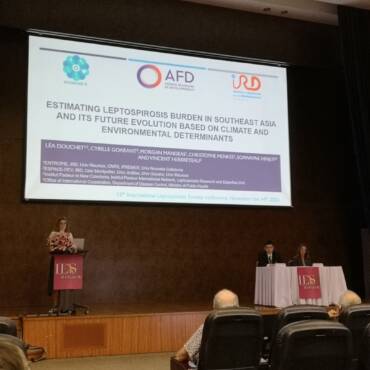
Add Comment